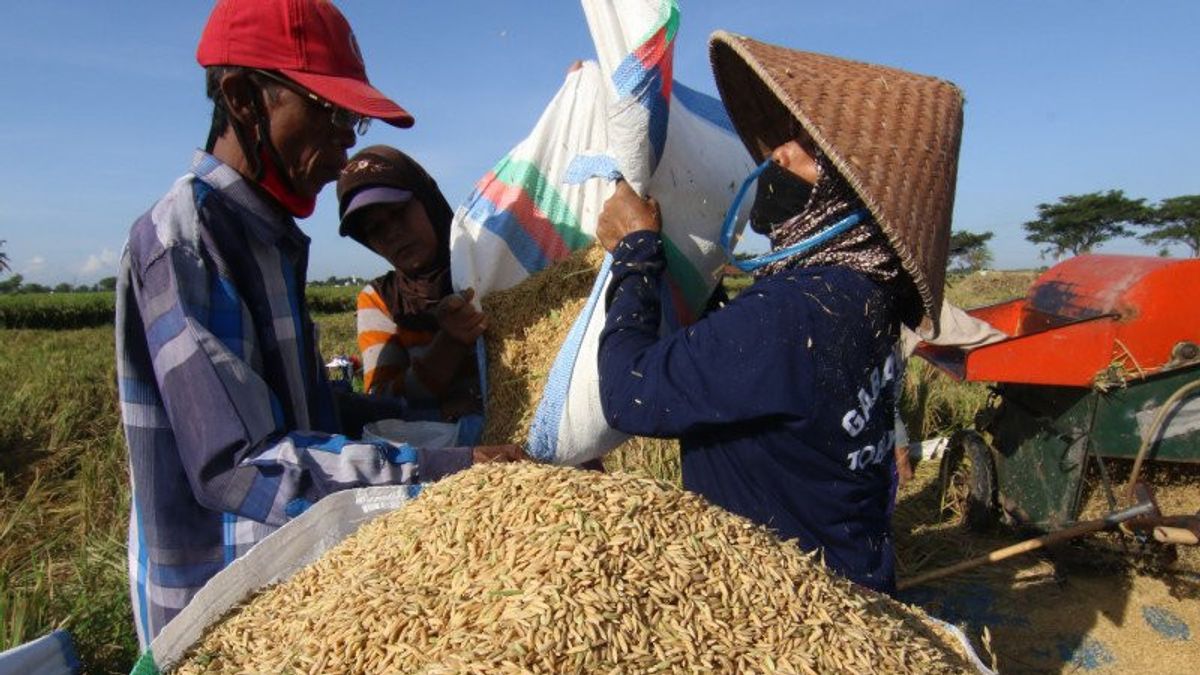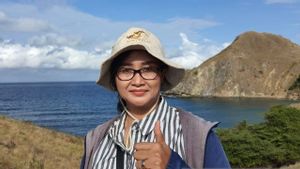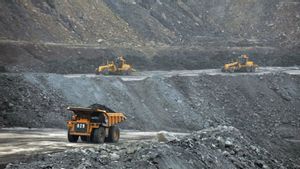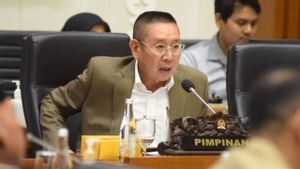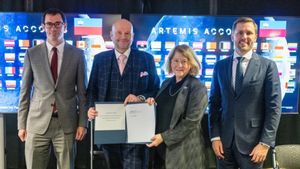TANJUNGPINANG - An economic observer from Raja Ali Haji Maritime University, Tanjungpinang City, Riau Islands Province (Kepri), Dodi Dermawan believes that food security programs need to be immediately implemented in villages and islands.
"Intensive implementation of food security programs, especially in provinces that are not food-producing regions, answers the government's and the public's concerns about the current unstable global economic condition," said Dodi as quoted by Antara, Sunday, August 7.
A lecturer at the Faculty of Economics at the Maritime University, Raja Ali Haji, said that Riau Islands need to carry out food security programs intensively and on target, considering that so far Riau Islands are not producing regions.
Riau Islands dependence on other countries and other provinces in meeting basic needs is very large so food security programs should be implemented quickly.
"Kepri has potential as a producing region if the food security program is implemented intensively," he said.
He stated that the empowerment of rural communities in Riau Islands needs to be done to give birth to villages with good food security.
Management of islands that are in the administrative area of the village and sub-district should be carried out in accordance with the potential for agriculture, animal husbandry, and fisheries owned by these islands.
Another component that needs to be done by the local government is to build awareness of the village community to utilize the land available in the village for agriculture, animal husbandry, and fish cultivation.
In addition, he said, capital assistance is also needed if the management of village land and islands for food security is managed by village community groups.
"Training, assistance with fertilizers and seeds, guidance and supervision, and others are also needed so that the village government can ensure that agriculture, animal husbandry, and fisheries that are cultivated by the community-run continuously," he said.
Dodi said the villagers are human resources, including those who live on the islands.
The orientation of the population living on the coast of Riau Islands, should develop towards agriculture.
Housewives, for example, can work on the land to plant chilies, tubers, and vegetables so that they earn income and can meet the needs of local communities.
During the north wind season, when the sea waves are high, fishermen can farm.
"When there is a fish shortage, fishermen can be productive on land," he said.
According to him, the government has various options in implementing the food security program.
A joint movement for food security needs to be carried out, in addition to mapping the potential of the population and the islands.
"The government can take a policy to lend land on uninhabited islands, but the agricultural or plantation sector has the potential to be developed," he said.
Previously, Chairman of Commission II of the DPRD for the Riau Islands Province, Wahyu Wahyudin, said that his party would encourage the central government and regional governments to work together to manage the islands in the region for food security.
"The island management strategy, especially the uninhabited ones, is in line with the President of the Republic of Indonesia's desire to improve the welfare of coastal communities, as well as to encourage food security in the province," said Wahyu.
Riau Islands has 1,796 islands after being validated by the National Development Planning Agency team in 2015. Of the 1,796 islands, only 30 percent are inhabited.
Until now, he said, Riau Islands is a consumptive province, even though this region has the potential to be productive.
Management of the island based on its economic potential is the answer to making Riau Islands a food-producing region.
VOIR éGALEMENT:
Several areas in Letung Island, Anambas Islands Regency, and Dabo Singkep, Lingga Regency, have the potential to develop rice fields.
In addition, several areas in Karimun and Lingga regencies are also producers of sago. However, the production of rice and sago has not been significant.
"We need seriousness in managing rice fields and sago in order to meet the needs of local communities and other areas," he said.
The English, Chinese, Japanese, Arabic, and French versions are automatically generated by the AI. So there may still be inaccuracies in translating, please always see Indonesian as our main language. (system supported by DigitalSiber.id)
